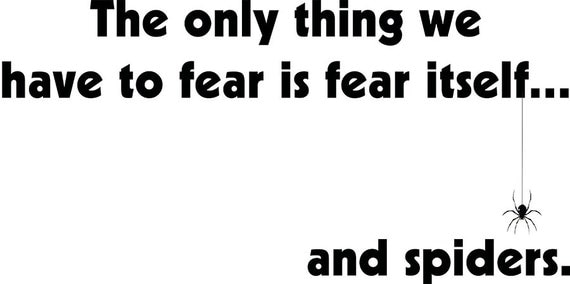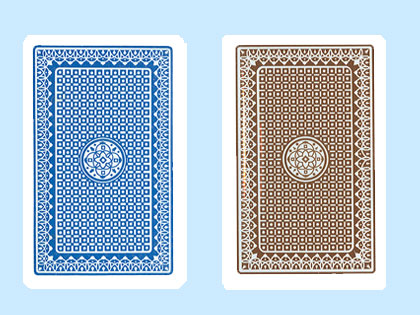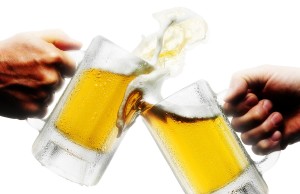Throughout my life I have tendency to play things safe, not taking many risks, maybe one here or there just to mix things up sometimes. The risks people take though are very complexing because it takes a lot of courage to do something that could risk your physical condition, your mental condition or emotional condition. Looking further into this issue of gaining courage to have the ability to share a personal moment or to ask the question that no one wants to address or to stand up to someone. The amount of courage it takes to do some of these things is something I wanted to further look into.

Aristotle a famous philosopher from history believed courage to be the most important quality in a man. He once wrote “courage is the first human virtues because it makes all others possible”. This was taken from an article by the Huffington post. In this article it goes through how people deal with fear and how courage can help them prevail through their darkest of times. A study exploring the power of the mind involved 60 volunteers for a study that used fMRI scanning technology to see what part of the brain had activity when the participants showed a form of courage. The certain part of the brain that was active was in the subgenual anterior cingulate cortex. This study rejects the null hypothesis that when faced with a moment that requires courage there is no activity in the brain.

Further studies have concluded when put in a situation that fear feeds into brain activity surges into the same area as before into subgenual anterior cingulate cortex. Researches put the participants in a cage where they can’t move at all and the snake comes closer or further away based on the buttons they press. Meanwhile as this is happening the fMRI scanner scans the brain. The results of both this and prior study confirm this section of the brain have a direct correlation when person shows courage. Then again a common third variable one could identify is the fact both used snakes in the studies for a reaction. So it possible could have an effect to do with snake to make the study of the part of the brain a false positive.
In conclusion the hypothesis is currently correct or a false positive. The null hypothesis as previous stated is rejected from the study.



















